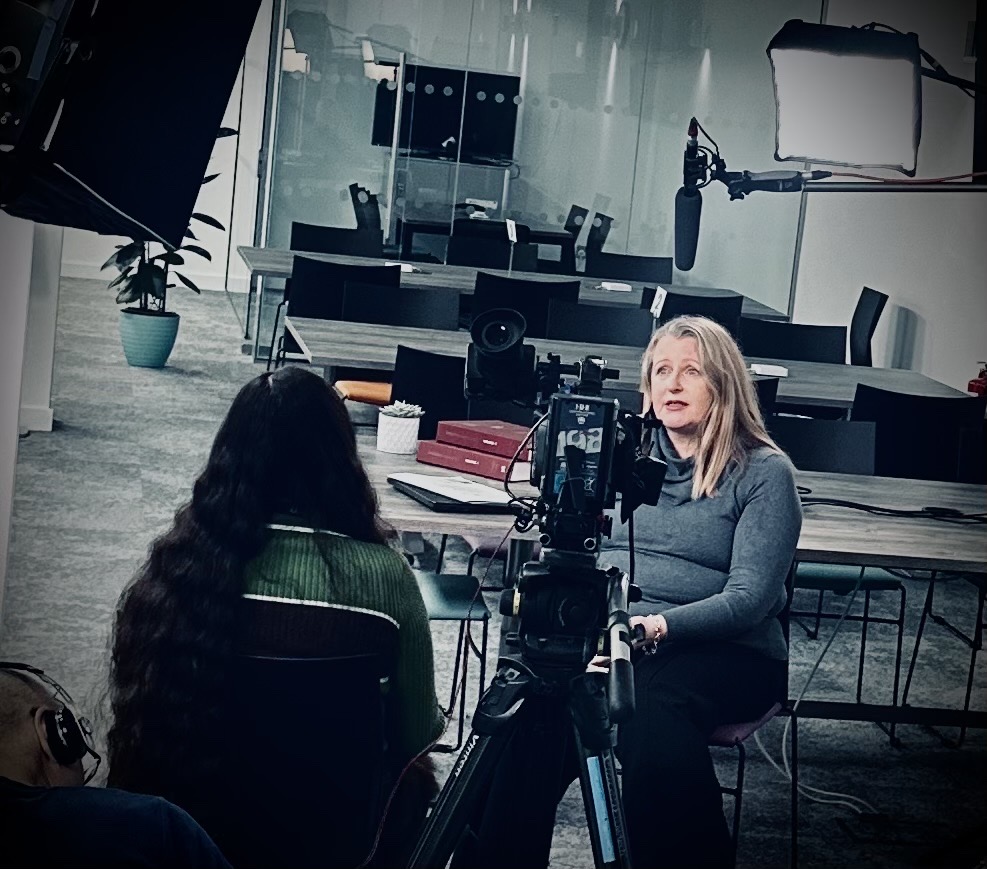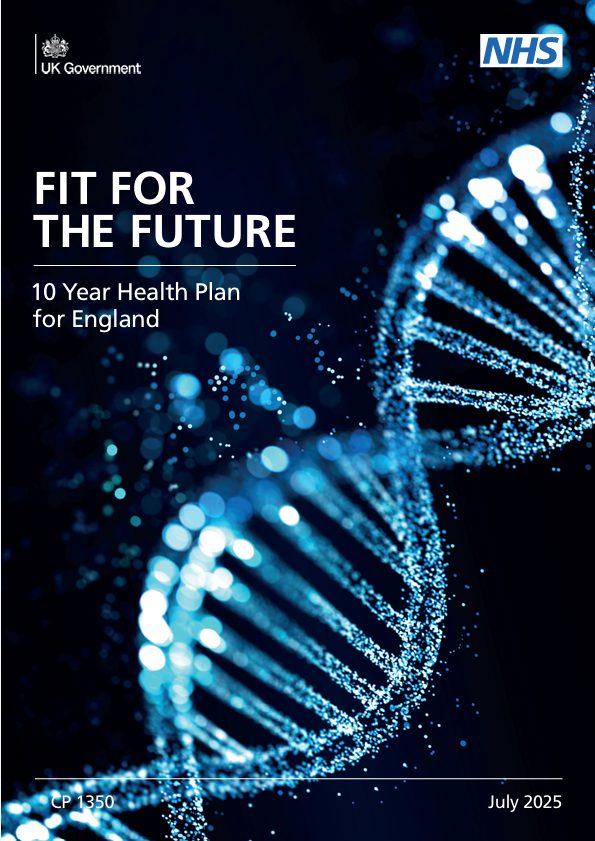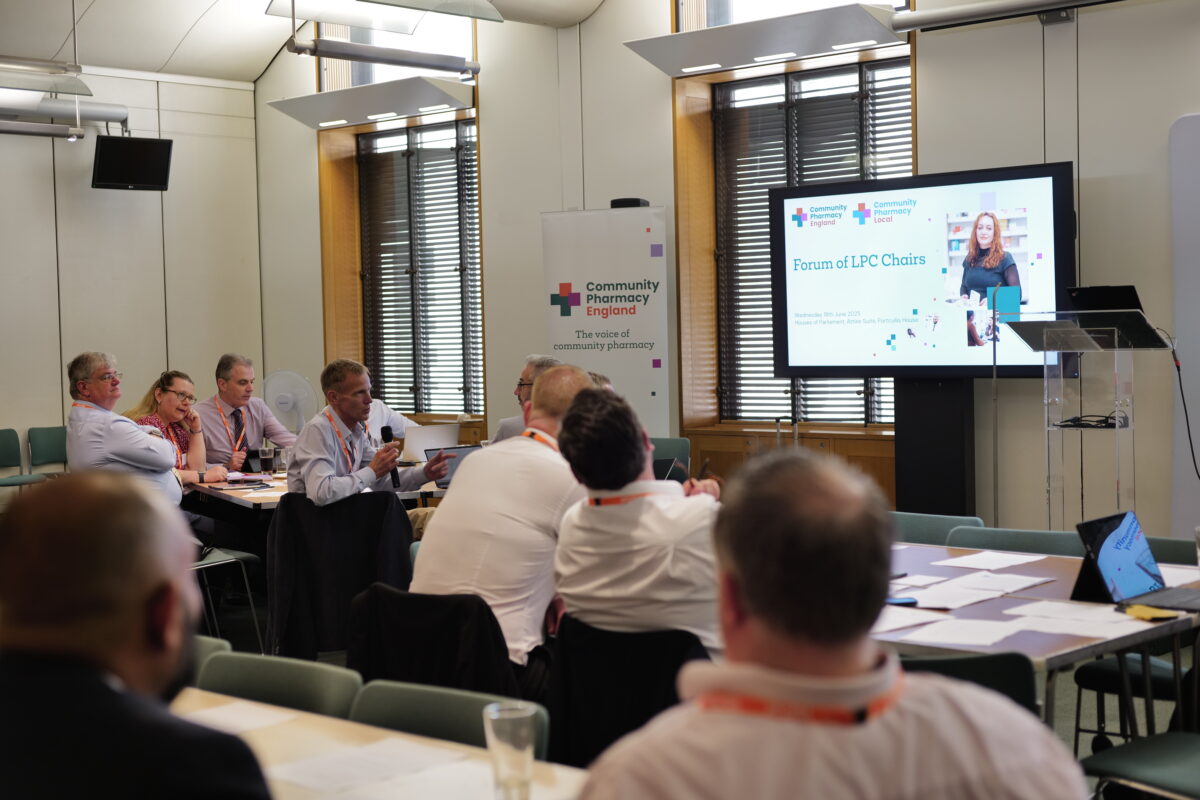Integrated Care Systems
Published on: 18th April 2016 | Updated on: 1st September 2025
The NHS in England is divided up into 42 Integrated Care Systems (ICS) which are responsible for planning and funding health and care services in the area they cover.
Since 1st July 2022, within each system, there is an NHS body – an Integrated Care Board (ICB) – which took over the responsibilities of the former Clinical Commissioning Groups.
The ICS also contains an Integrated Care Partnership, which is a joint committee between the ICB and the upper-tier Local Authorities within the system.
Click on a heading below for more information.
The 42 ICS covering England vary in their geographical size and the resident population within them, but they have all been created to align with local collaborative working between health and care providers and commissioners across the areas.
The purpose of ICS is to bring partner organisations together to:
- improve outcomes in population health and healthcare;
- tackle inequalities in outcomes, experience and access;
- enhance productivity and value for money; and
- help the NHS support broader social and economic development.
Collaborating as ICS will help health and care organisations tackle complex challenges, including:
- improving the health of children and young people;
- supporting people to stay well and independent;
- acting sooner to help those with preventable conditions;
- supporting those with long-term conditions or mental health issues;
- caring for those with multiple needs as populations age; and
- getting the best from collective resources so people get care as quickly as possible.
The focus on delivering care will be at ‘place level’, which is normally across the area of a local authority, covering a population of 250,000-500,000.
Places are made up of neighbourhoods, which usually correspond to an electoral ward or district of a borough council, with a population of 30,000-50,000. Within the neighbourhood, a Primary Care Network coordinates the work of general practices in the neighbourhood and collaborates with other health are care providers, such as community pharmacies.
ICS are partnerships of organisations that come together to plan and deliver joined up health and care services, and to improve the lives of people who live and work in their area.
The journey over which local NHS bodies and structures evolved to become ICS took several years and it is summarised on the NHS England website. Following the passage of the Health and Care Act 2022, 42 ICS were established across England on a statutory basis on 1st July 2022.
ICS are made up of:
Integrated Care Board (ICB)
The ICB is a statutory NHS organisation responsible for planning NHS services to meet the health needs of the population, managing the NHS budget and arranging for the provision of health services in the ICS area.
They have both a chief executive and chair, and they are accountable to NHS England for NHS spending and performance within their boundaries.
The establishment of ICBs resulted in Clinical Commissioning Groups being closed down.
Local authorities
Upper-tier local authorities in the ICS area, which are responsible for social care and public health functions, are part of the ICS.
Integrated Care Partnership (ICP)
The ICP is a statutory committee jointly formed between the ICB and all upper-tier local authorities that fall within the ICS area.
The ICP brings together a broad alliance of partners concerned with improving the care, health and wellbeing of the population, with membership determined locally. However, the Department of Health and Social Care is encouraging ICPs to have, as a minimum, input from primary care and representation from frontline providers of NHS services.
ICPs are the ‘direction setting’ part of ICS, with a responsibility for producing an Integrated Care Strategy on how to meet the health and wellbeing needs of the population in the ICS area.
Read the DHSC guidance on development of Integrated Care Strategies
Within each upper-tier local authority, a Joint Strategic Needs Assessment (JSNA) will be produced by the local authority’s Health and Wellbeing Board (HWB). This sets out the needs of the local authority’s population and it is used by the HWB to develop their Joint Local Health and Wellbeing Strategy (JLHWS).
The Integrated Care Strategy developed by the ICS will be informed by the JSNAs and JLHWS of the constituent local authorities.
The ICB must develop, with its constituent NHS trusts, a 5-year Joint Forward Plan, which is informed by the Integrated Care Strategy and must include steps to implement the JLHWS of the constituent local authorities.
Place-based partnerships
Within each ICS, place-based partnerships will lead the detailed design and delivery of integrated services across their localities and neighbourhoods. The partnerships will involve the NHS, local councils, community and voluntary organisations, local residents, people who use services, their carers and representatives and other community partners with a role in supporting the health and wellbeing of the population.
Provider collaboratives
Provider collaboratives will bring NHS trusts together to achieve the benefits of working at scale across multiple places and one or more ICS, to improve quality, efficiency and outcomes and address unwarranted variation and inequalities in access and experience across different providers.
More information on ICS
In July 2021, NHS England announced that it intended to delegate some of its responsibilities for direct commissioning of services to ICBs.
From 1st July 2022, ICBs assumed delegated responsibility for primary medical services (which were previously delegated to Clinical Commissioning Groups).
Nine early adopter ICBs also took on delegated responsibility for the commissioning of Pharmaceutical Services in their area:
North West region: Cheshire and Merseyside; Lancashire and South Cumbria; Greater Manchester.
South East region: Buckinghamshire, Oxfordshire and Berkshire West; Frimley; Kent and Medway; Hampshire and the Isle of Wight; Surrey Heartlands; Sussex.
All other ICBs are expected to take on this responsibility from 1st April 2023.
NHS England retains the responsibility to identify national priorities, setting outcomes and negotiating national contractual frameworks, such as the Community Pharmacy Contractual Framework.
The responsibilities related to the delegation are set out in a delegation agreement (FutureNHS login required).
In September 2020, NHS England published Leading integrated pharmacy and medicines optimisation – Guidance for ICSs and STPs on transformation and improvement opportunities to benefit patients through integrated pharmacy and medicines optimisation (FutureNHS login required).
This document set the future direction for leadership of pharmacy within ICS and it summarises the learning from the Integrating NHS Pharmacy and Medicines Optimisation (IPMO) pilots.
The following Community Pharmacy England Briefing highlights the key points in the NHS England document relevant to community pharmacy.
Community Pharmacy England Briefing 034/20 IPMO guidance and the development of system leadership
ICS have now used this guidance to inform the development of the pharmacy leadership within their systems.
NHS England has also funded a senior post in each ICS to support pharmacy integration across the system. These individuals work with NHS England’s Senior Pharmacy Integration Leads who are based in each of the seven NHS regions.
For more information on this topic please email services.team@cpe.org.uk












